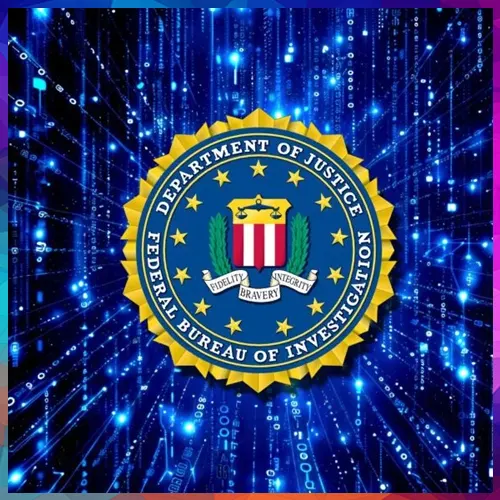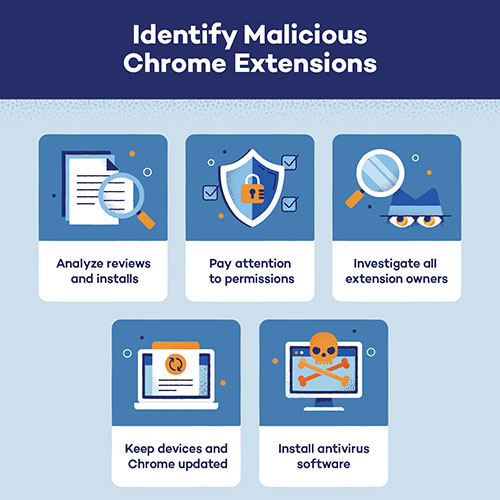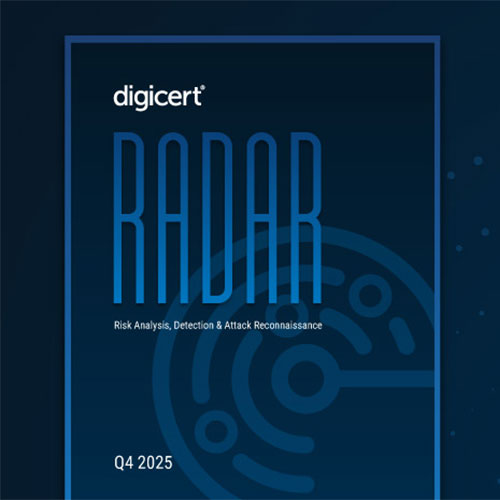
Between December 2023 and February 2025, the FBI received over 100 reports of scammers posing as IC3 representatives, contacting victims through various channels and falsely offering to recover previously lost funds to exploit them further
The Federal Bureau of Investigation (FBI) has issued a public alert about an ongoing scam operation in which cybercriminals are impersonating employees of the FBI’s Internet Crime Complaint Center (IC3) to defraud victims.
According to the agency, more than 100 reports have been received between December 2023 and February 2025 detailing cases where fraudsters contacted individuals through emails, phone calls, social media platforms, and online forums, posing as IC3 representatives. The perpetrators lure victims with claims of assisting in the recovery of previously lost funds — a tactic designed to exploit individuals already harmed by financial scams.
Deceptive persona exploits victims
One prevalent scheme involves a fictitious persona named "Jaime Quin," falsely presented as a high-ranking IC3 official. This identity has been used across Telegram and other platforms to convince victims their funds have been located and can be returned — but only after they provide additional sensitive information or make payments. Victims are often instructed to purchase fake "extractor software" or cover supposed recovery fees via cryptocurrency wallets.
The FBI warns that these tactics are highly deceptive and rely heavily on social engineering. Fraudsters frequently request personal and financial details such as Social Security numbers, banking credentials, cryptocurrency wallet keys, and copies of identification documents. This information is then exploited for further financial theft or identity fraud.
Red flags to watch for
To help the public avoid falling prey to such schemes, the FBI has outlined several red flags:
· Spoofed Email Addresses: Messages may appear to originate from official domains like “support@ic3-gov.org,” which are not legitimate. Always verify email authenticity carefully.
· Urgent or Threatening Language: Scammers use pressure tactics, urging quick action to recover funds or avoid fabricated legal consequences.
· Requests for Sensitive Information: No legitimate government agency will ask for confidential data through unsolicited messages.
· Malicious Links and Attachments: Suspicious emails may include harmful attachments or direct users to phishing websites. Never click unknown links without verification.
The FBI emphasizes that the IC3 does not charge fees or offer fund recovery services. Any contact suggesting otherwise is fraudulent. Individuals who suspect they have been targeted or victimized are encouraged to report the incident via the official IC3 portal at www.ic3.gov.
The agency continues to investigate the matter and urges the public to stay vigilant against evolving cyber threats.
Also Read: FBI to setup exclusive unit to counter cryptocurrency related crimes
See What’s Next in Tech With the Fast Forward Newsletter
Tweets From @varindiamag
Nothing to see here - yet
When they Tweet, their Tweets will show up here.





























